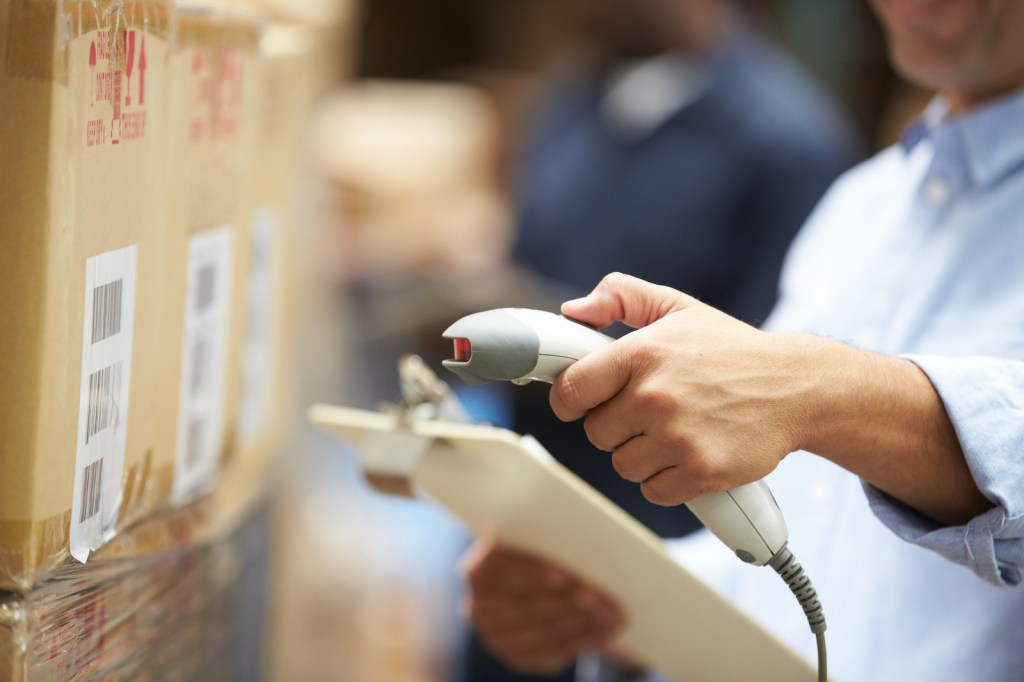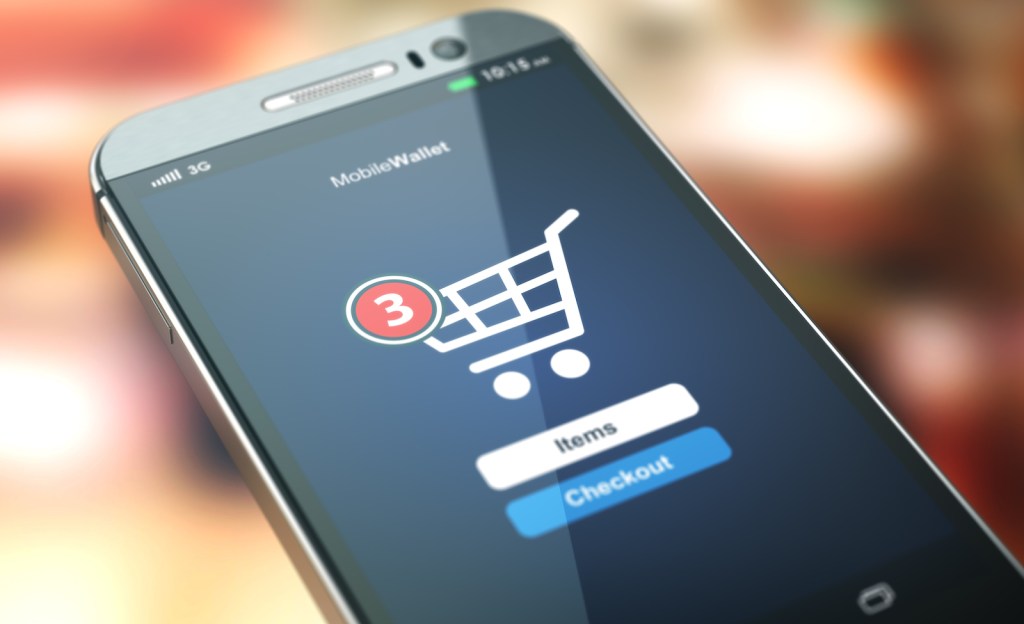Table of Contents
** Minutes
Pre-orders are a popular ecommerce tactic for retailers of all industries and sizes. In this post, we’ll share the pros and cons of running a pre-order campaign, as well as three important areas of focus for doing so successfully.
What is a pre-order?
A pre-order is an order placed for an item that is not yet released. For ecommerce pre-orders, retailers will either charge the customer when the order is placed or once the item is shipped to the customer.
Why offer pre-orders?
There are a variety of reasons why ecommerce retailers choose to offer pre-orders on their online store for certain new products. Here are three of the most common (and effective!) pre-order sale strategies::
Gauge demand
Collecting pre-orders can help you forecast demand for your product, as well as inform you as to how much of the product you should produce or order, depending on your manufacturing model. With the Gauge demand marketing strategy, an online business can estimate the number of sales for pre-order products and avoid the issue of any unsold stock!
Limit financial risk
If you collect payment when customers submit their pre-orders, you should have the funding to manufacture or purchase inventory before the release date. This can be especially useful for newer retailers who are looking for an alternative to borrowing money from a financial institution to procure inventory that may or may not sell.
Generate excitement with preorder marketing
Pre-orders can create hype around your store and your product, especially if you use the scarcity principle and only offer a certain number of pre-orders over a limited amount of time.
Limited pre-orders can make customers feel special and like trendsetters, which is likely to generate buzz online and off via social media and word of mouth marketing. You can also add to the hype by using content marketing, email marketing, or even influencers marketing to boost sales. Partnering with a content marketing agency can help you create impactful campaigns without the need for in-house specialists.
This can be a great boost in awareness leading up to your product’s general release.
Why not offer pre-orders?
Despite the benefits listed above, there are also disadvantages to relying on pre-orders as a business owner.
Dependence on manufacturer
If your pre-ordering campaign is done with the intent of raising funds before you order inventory, your business’s fate lies solely in the hands of your manufacturer. The item could arrive late, change in price, or be noticeably different in quality than what you advertised to your customers. Business owners need to assess if have all of these ‘what ifs’ are worth offering pre-orders.
If these things happen, shoppers will be quick to blame your business, which can result in preventable chargebacks, bad reviews, and lost customers.
To avoid this, we recommend choosing a reputable manufacturer that will be straightforward and communicative about lead times in addition to product quality and costs.
Even better, work with a manufacturer that you have used in the past and trust to complete items in a timely manner — especially if you’re asking customers to pay upfront.
Incompatible with marketplaces
If you mainly sell through Amazon, eBay, or a similar marketplace, we strongly recommend against running a pre-order campaign.
Unlike ecommerce platforms, you are not in control of how orders are processed, for example on Amazon, if you haven’t shipped an order after 30 days of it being placed, the order will be canceled, regardless of what you set as the pre-order date. It can also negatively affect your Amazon metrics, and may eventually result in your business being expelled from the Amazon marketplace.
Other marketplaces have similar rules.
How to run a successful ecommerce pre-order campaign
If you decide that the pros outweigh the cons, here are some important areas of focus to make the most of pre-orders for your ecommerce store.
1. Marketing
Marketing is important both before and during your pre-order campaign. A study by Scalefast found that “the most critical period for any product launch is the weeks and months leading up to the pre-order date. In other words, what eCommerce brands do before launch is much more important than what they do after launch.”
It’s also essential that before any marketing campaign that you take the time to research the target audience, the payment methods they prefer, what innovative product they would likely purchase, and which platforms they spend most of their time on.
In the days leading up to your pre-order campaign launch, make sure to do plenty of social media marketing to spread the word, as well as reach out to your email list before and on launch day.
Once customers hit your product page, use great product descriptions and clear information on the projected ship date to encourage them to buy. If you don’t know the exact ship date, we recommend giving a projected range.
You can also leverage the scarcity principle to make customers more interested in your pre-order campaign. Let customers know that 1. a limited number of products are available for pre-order and 2. the pre-order campaign is only available for a limited amount of time.
This perceived urgency is a classic marketing tool for increasing impulse buys, and pre-orders are no exception to the rule.
2. Communication
Once you’ve received pre-orders, it’s important to stay in continuous communication with your customers. Keep them updated on the manufacturing process, and continuously update the predicted ship and delivery dates if and when they change.
Even if your product ends up shipping later than anticipated, your customers will appreciate continuous updates and transparency.
Communication is key for building customer trust and loyalty, and loyal customers will become an invaluable source of not only sales, but word-of-mouth marketing, too.
3. Fulfillment
Order fulfillment for ecommerce pre-orders can be overwhelming if you choose to self-fulfill.
Imagine all of your inventory arriving at your house or office at once, with hundreds or even thousands of customers wanting their order shipped ASAP! This is where working with a third-party logistics (3PL) provider can be key to ensuring pre-order success by removing the headache associated with ecommerce shipping from your plate.
Experienced 3PLs like ShipBob are prepared to complete batch fulfillment, meaning that all of your pre-orders can go out at once with a faster turnaround than if you were to self-fulfill your orders.
You can receive a set ship date based on estimated inventory arrival and access shipment tracking information in real time, then pass that information along to your customers.
Conclusion
Like all good things, pre-order campaigns are best in moderation. They can be a beneficial tool for businesses looking to gauge demand, generate excitement, and raise funds; however, it’s important to consider the potential risks involved and plan ahead.
With the right manufacturer in place, plus successful marketing, communication, and a plan for ecommerce fulfillment, pre-orders can be a successful strategy for your ecommerce business.
Learn more
Learn how to bring in more customers that are actually likely to place an order on your store — and turn them into repeat buyers. Download our guide on How to Nail the Customer Experience.
Pre-orders for ecommerce FAQs
Pre-orders are a popular ecommerce tactic for retailers of all industries and sizes. Here are some answers to the most common questions about pre-orders for ecommerce.
Why do companies do pre-orders?
There are a variety of reasons why ecommerce retailers choose to offer pre-orders on their online store for certain new products. The three most common reasons include the ability to gauge demand, limit financial risk, and generate excitement about a new product.
How long should pre-orders take?
You shouldn’t offer a pre-order too far in advance. It’s best to offer a pre-order about a week or up two months depending on the product you’re selling. If it’s longer than a few months, you’ll start to lose customer interest.
How does pre-ordering work?
A pre-order strategy works by allowing customers to place an order for an item that is not yet released. For ecommerce pre-orders, retailers will either charge the customer when the order is placed or once the item is shipped to the customer.



